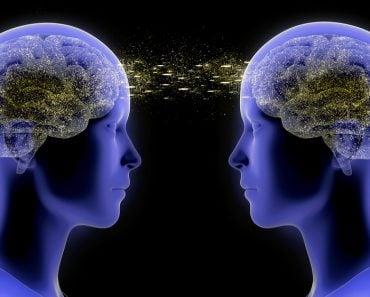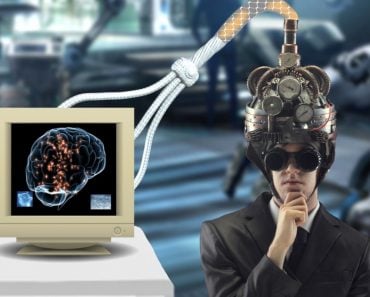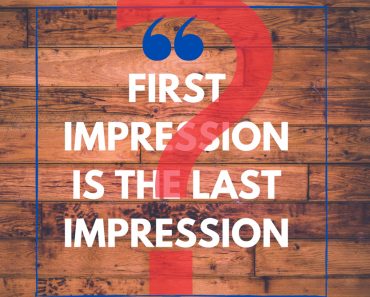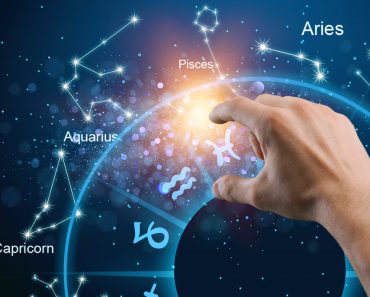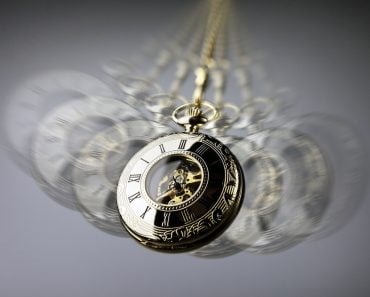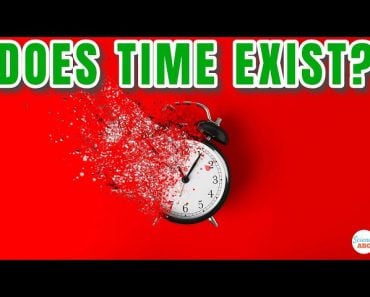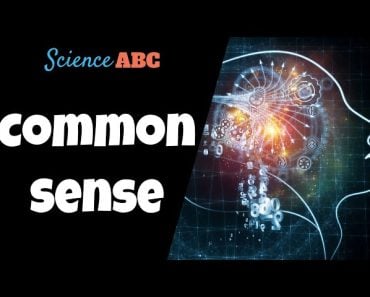Due to our experiences, we can understand tiny parts of life and perceive logical futures, but at present, humans are unable to predict the future with certainty.
Wouldn’t it be great to predict the future? People visit fortune tellers to learn about their fate, but how much of that is true?
Do fortune tellers know what will happen, or do they say things that commonly transpire in a lifetime for everyone?
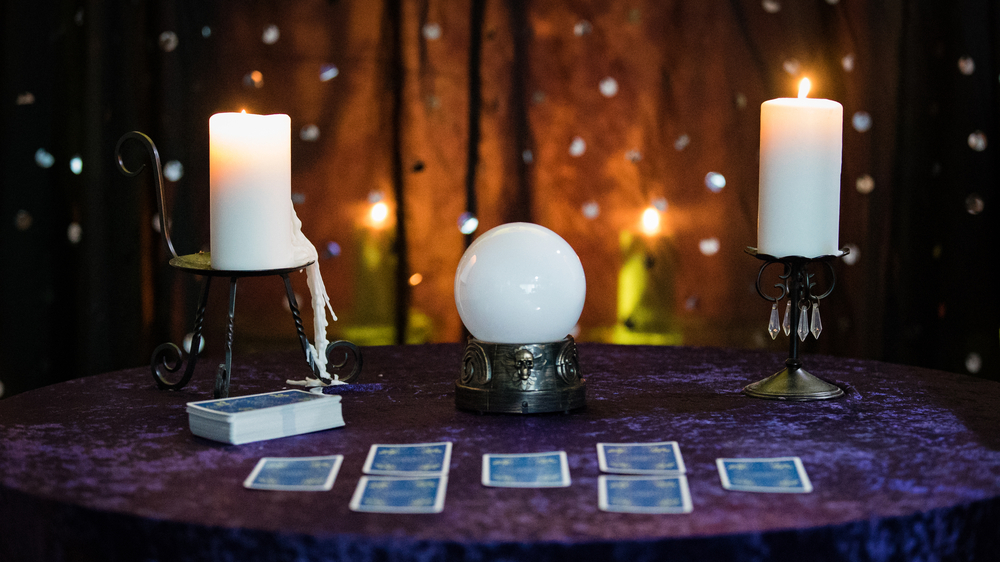
It would be thrilling to see someone foresee everything that will occur, but has it ever happened? Let’s find out!
Recommended Video for you:
Can Someone Predict Future Events?
The prediction of the future is not a magical power, nor is it wisdom bestowed on mere mortals. It is simply a coincidence or the result of someone accurately analyzing various aspects of a situation, stimulus, and expectation.
There have been great people before us who knew the future; their wisdom, knowledge, and experience assisted them in speaking about possibilities that could exist. It was as though these people knew what was going to happen, but no one around them knew how they did it.
So how does someone know what is going to happen in the future?
All of this is based on our perception of the world, namely what we have seen in similar situations and what the outcome was. They do not necessarily have to be big events that we’re going to know about, like the next president, the great wars ahead, or our future life; they could also be about minor things in life.
This happens because we expect certain outcomes from situations in our lives, which is how our brain functions and generates responses to situations.

We all imagine what could the future be like, but it’s not something we can know for sure; that is just our imagination (Photo Credit : arleksey/Shutterstock)
Presentiment: Intuition About The Future
Presentiment means having an intuition about the future. As the definition suggests, it is an “intuition”, a feeling or instinct about what could happen. It is not something that we know for sure, but something that we feel could be a possible outcome, not at all like what Dr. Strange saw in Avengers: Infinity War, where he witnessed the actual future through his abilities.
A book called “The Premonition Code” co-authored by Northwestern University neuroscientist Julia Mossbridge and famous author Theresa Cheung, found that it is possible to predict the future. They claim that humans have instinctive reactions to future events that come naturally, saying that we are capable of seeing or knowing the future to a certain capacity.
Is It A Prediction Or Just Calculated Forecasting?
There is a difference between someone being able to predict the future and someone just perceiving future possibilities based on calculated decisions and considerations. Soldiers may perceive what the enemy’s next step could be by thinking from the enemy’s perspective, according to what he did before and the steps he took for an attack, but this is not the same as predicting the future. It is just knowing what the other person can and will likely do.
Moving on to the wider, more large-scale predictions and perceptions, like those about weather, climate, wars, plagues, revolutions, deaths, and victory; all of these could be made with two reasonable explanations.
One, either the person “coincidentally” or “by chance” guessed what could happen; or two, he/she made some strong calculations and used methods like Trend Analysis. Trend analysis, a type of comparative study, is the process of observing present patterns in order to anticipate future ones (Study On Trend Analysis at John Deere (irejournals.com).
So, yes, prediction is not exactly done daily; in fact, it is quite rare that someone accurately predicts the future.
Accurate Predictions Of The Future
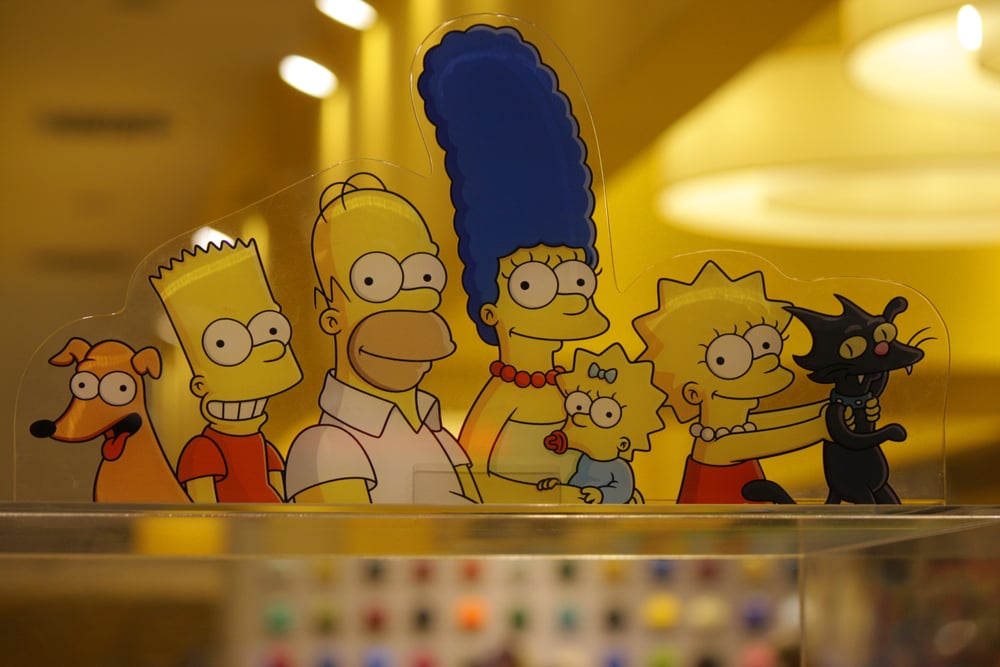
Even in real life, there have been a lot of predictions that have happened coincidentally, like ‘The Simpsons‘ predicting that Donald Trump would be The President of the United States, or when one of the show’s episodes described a smartwatch being used way back in 1995.
We could also take a look at Nostradamus, a famous physicist of the 1500s, who wrote an entire book on things he thought would happen in the future called “Les Prophéties“.
In his book, Nostradamus wrote over 900 short poems about what could happen in the future. He has predicted a lot of things, in some ways, although he did not use the names of who or what he was talking about centuries ago.
These are just a few instances of people being able to perceive the future. If you dive deep into this topic, it’s a vast pool of knowledge and revelations.
All of this makes you wonder, is someone capable of knowing the future, or are some people just incredibly conscious and strategic about things?
Incorrect Predictions
Sometimes, people make bold predictions that are entirely wrong. Coincidental statements or precise calculations can assist one in predicting the future.
The prediction might not take place in precisely the same way and could also be wrong.
For example: In 1999, Time magazine claimed that women enjoy leaving the house, so virtual shopping might fail.
It was also predicted that the world would end in 2012, but evidently, that prediction was inaccurate too.
Not every prediction is true, and many have turned out wrong, even after logical explanations and calculations.
Can We Perceive The Future?
It might be possible for us to perceive the future after carefully studying logical patterns and the history of an event (which could also be incorrect).
However, in the scope of a normal life, our perception of the future relates to smaller aspects of life. Humans can perceive day-to-day possibilities with some informed wisdom, but they cannot claim to know about future events centuries from now.
Perhaps Artificial Intelligence will allow us glimpses into what the future holds; until then, we can be satisfied with making minor guesses, like which teams will win certain matches or what gifts we will receive on our birthday!
References (click to expand)
- How the brain predicts the future - University of Birmingham. birmingham.ac.uk
- Eight Ways Your Perception of Reality Is Skewed. The University of California, Berkeley
- Zacks, J. M., Speer, N. K., Swallow, K. M., Braver, T. S., & Reynolds, J. R. (2007, March). Event perception: A mind-brain perspective. Psychological Bulletin. American Psychological Association (APA).
- Kennedy, J. E. Letter on Methodology for Presentiment Studies. - jeksite.org
- Kennedy, J. E. Letter on Methodology for Presentiment Studies. - jeksite.org

